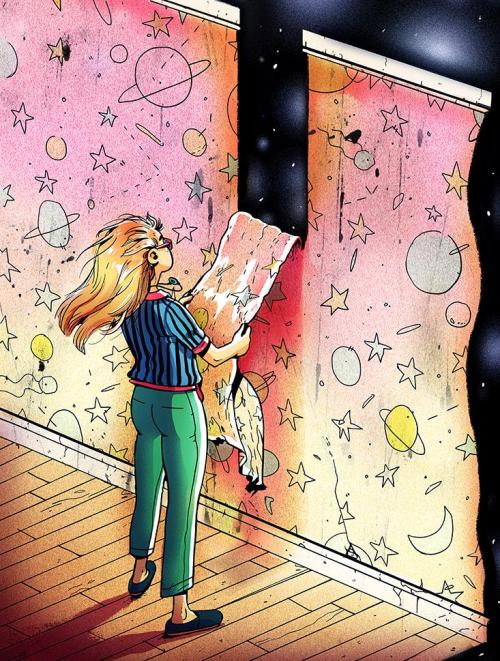
A delicious reading by Professor Lawrence M. Krauss.How Much...

A delicious reading by Professor Lawrence M. Krauss.
How Much More Can We Learn About the Universe?
Nautilus
Is theoretical physics able to deal with philosophical fields as Metaphysics (just as it already did with other areas of philosophy such as Cosmology, Epistemology, or even Ontology)? You won’t get a response in this essay, however you will have some good sips of philosophy as it’s viewed by modern cosmology, i.e. a mixture of various fields of physics such as quantum mechanics, relativity, particle physics, physical cosmology, astrophysics, thermodynamics…
A highly recommended reading.
“If other universes are out there, they are separated from ours by huge distances and recede at super-light relative velocities, so we can never detect them directly. Is the multiverse then just metaphysics? Does verifying the possible existence of a multiverse thus represent a fundamental boundary to our knowledge? The answer is: not necessarily. Although we may never see another universe directly, we can still test the theory that may have produced it empirically—for example, by observing gravitational waves that inflation would produce. This would allow us in principle to test the detailed nature of the inflationary process that resulted in our universe. These waves are similar to the gravitational waves recently discovered by LIGO, but differ in their origin. They come not from cataclysmic events such as the collisions of massive black holes in distant galaxies, but from the earliest moments of the Big Bang, during the putative period of inflation. If we can detect them directly—as we might be able to do in a variety of experiments that are now looking for the signature they would leave in the cosmic microwave background radiation left over from the Big Bang—we can probe the physics of inflation and then determine whether eternal inflation is a consequence of this physics. Thus, indirectly, we could test whether other universes must exist, even if we cannot detect them directly.”